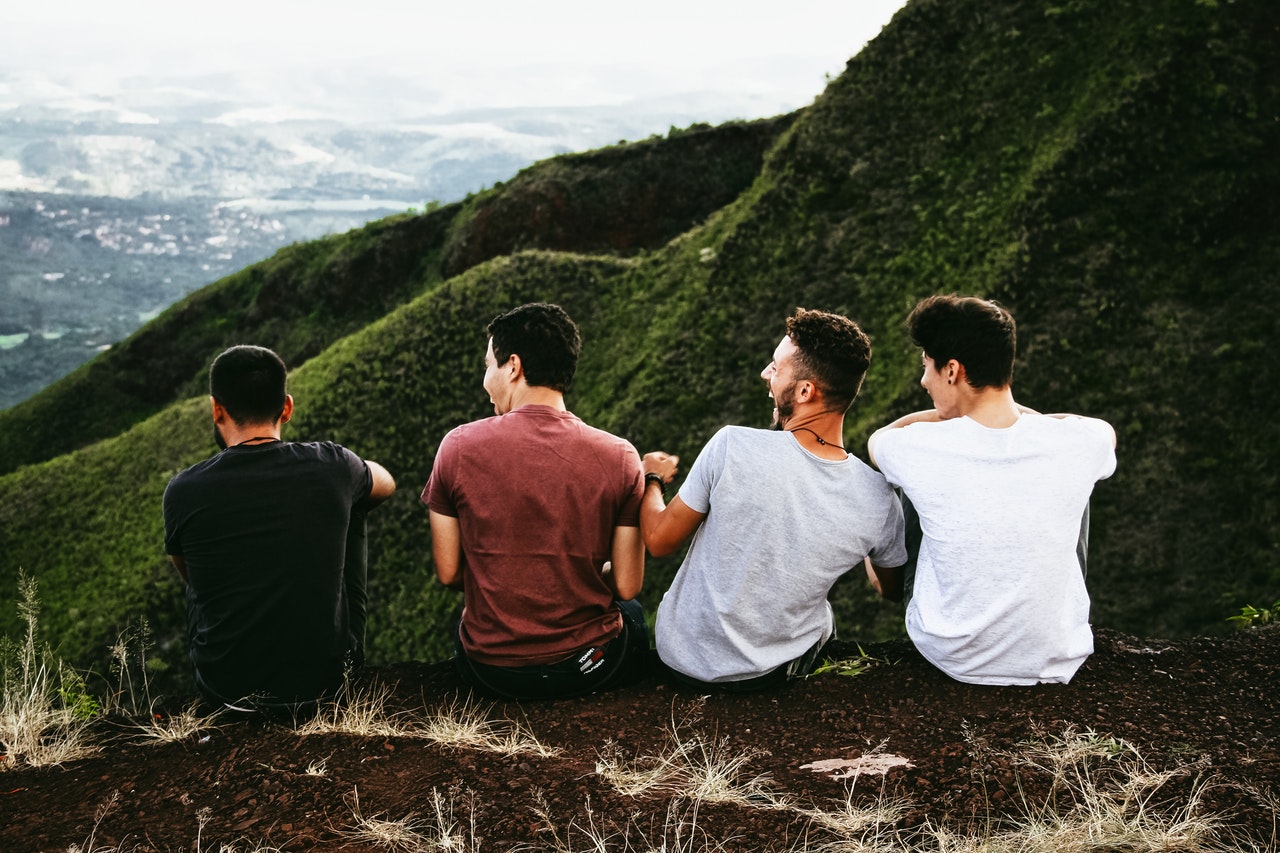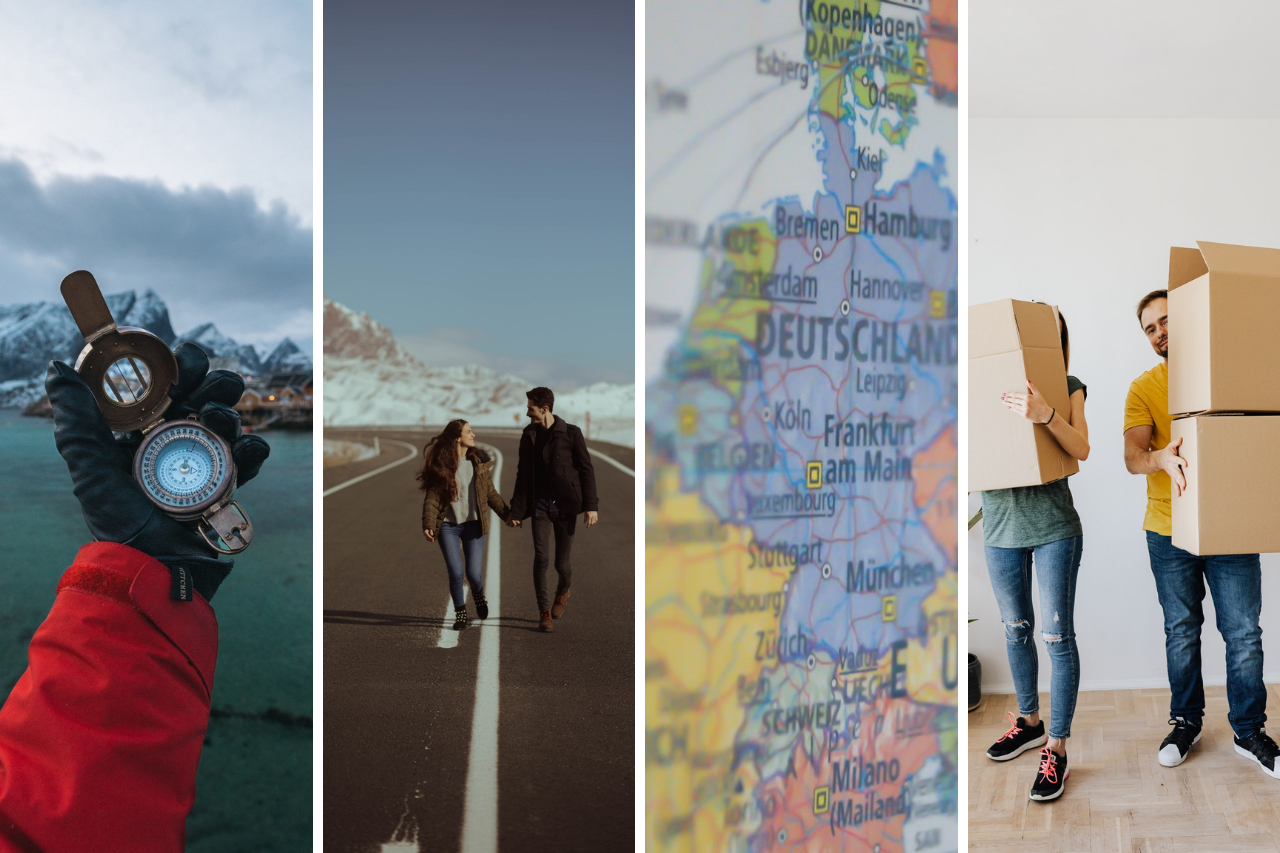Migration is a fundamental piece in the Third Culture Kid (TCK) story. Whether you grew up in one city before moving “back home”, or if you are still on the move.
The move, the settling, and resettling are all part of the migration journey. And there’s a lot that can be learnt from this experience. You will interact with different languages, and you may learn how to become a more efficient traveler or nomad.
But there are also some softer, but still vital, skills. Intangible ones that cannot always be measured. You unknowingly train them your whole life. And we only become aware of them when the situation calls on you. And all of a sudden, you passed the test with flying colours.
Empathy is one such skill. The ability to understand or share the feelings of others, even if you have never experienced these things before.
TCK’s will come across a much wider array of people, situations, and ways of expression than those who do not migrate nor share their varied cultural backgrounds. You may not think there is anything retable or universal about your experience at all. But I want to show you that you have picked up a wealth of knowledge, which will come in handy in other situations. Even if it is just in the most general scenario.
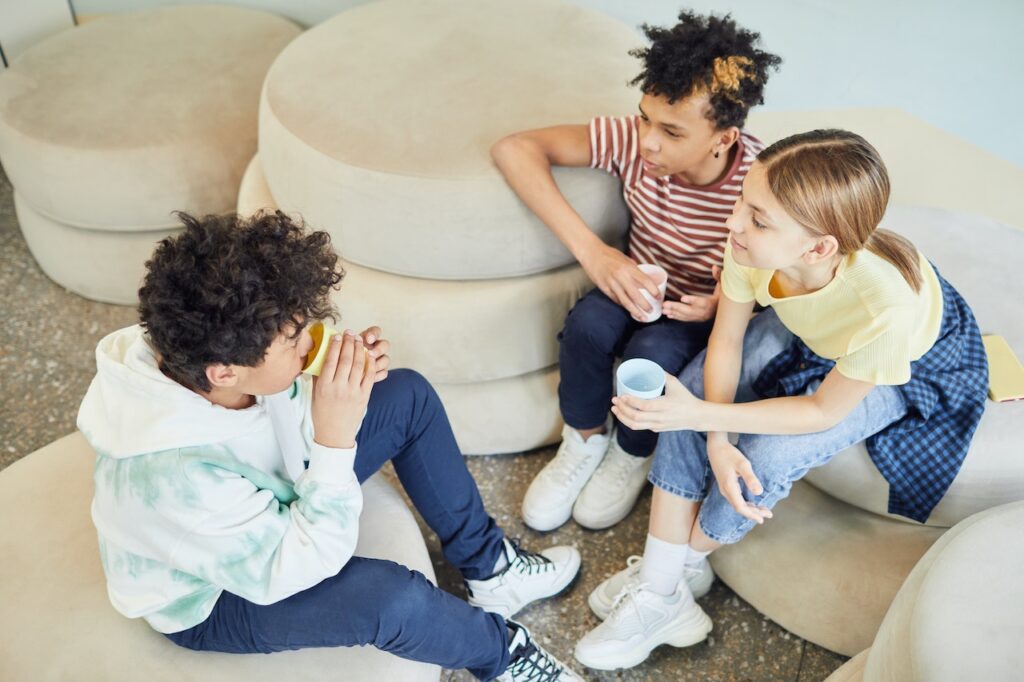
Here are a few examples…
You learn about being a migrant
Moving around a lot will teach you about what it means to be a migrant. There are many different ways that one can be a migrant, and not everyone makes a conscious decision to move. Our stories are all different. However, I feel TCK’s are uniquely positioned to understand what others are going through. Thanks to their own experiences.
In my own experiences, I have noticed something which in this post I’d like to dub the “exchange of power”. This happens when someone migrates from one place to another. In my home town of Melbourne, Australia; I had social circles that made me feel safe, and I was capable of doing many things in life comfortably and independently.
When I moved to Istanbul, I immediately lost all these things. I didn’t have my social network and I had to relearn even the simplest of things from the beginning. Where are the basic amenities? And how do I go about regular tasks, like shopping and catching public transport?
When we migrate, we (sometimes willingly) give up the power and clout we had in our own country and become a “no-one” in a new city. But no-one implies there is zero value; neither positive or negative. However, migration can make you feel less than zero.
Not knowing anyone, anything, and not being able to communicate in the language will suddenly make you feel small and insignificant.
You suddenly lack the ability to express yourself. You may need a translator or local guide for assistance, even with basic things. Starting completely anew means that, socially, no-one cares about you or even knows you exist. It is a humbling and eye-opening experience.
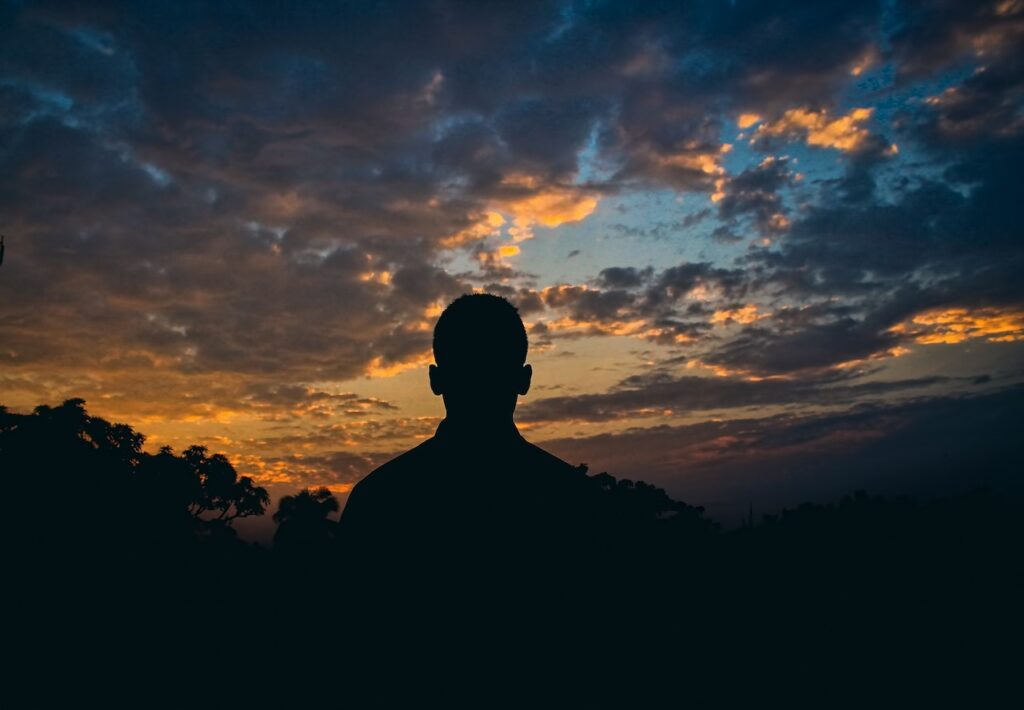
The changes that occur with migration can make the journey feel incredibly journey. It is highly recommended to find people who will understand you. Find your tribe. This might be people who are also on the move, people who speak your language, or just people who remind you of home. If you’d like to know how social groups can help expats deal with loneliness, check out my article here.
You learn what it takes
Migration also requires and trains certain kinds of mentalities. The more you do it, or the longer you stay overseas, the more training your mind gets.
You learn what it takes to be nomadic. You learn how to build something for yourself and how to survive. How to be both independent but also capable of creating your own protective social circles
There are also a lot of contradictions that you will notice as you are brought crashing into new cultures, countries, and ways of thinking.
You understand the confliction that those who move, interstate or overseas, feel. Because you may have at times experienced these things yourself.
Feeling like you don’t belong, but desperately wanting to belong. The desire to go home, but knowing that may very well not be a possibility. Feeling like you hate where you are now, but also realizing how much of the decision to move was based on you or your own actions.
Migration and experiencing new ways of life has something to teach us. We become more comfortable with the innate contradictions people and places might present us with.
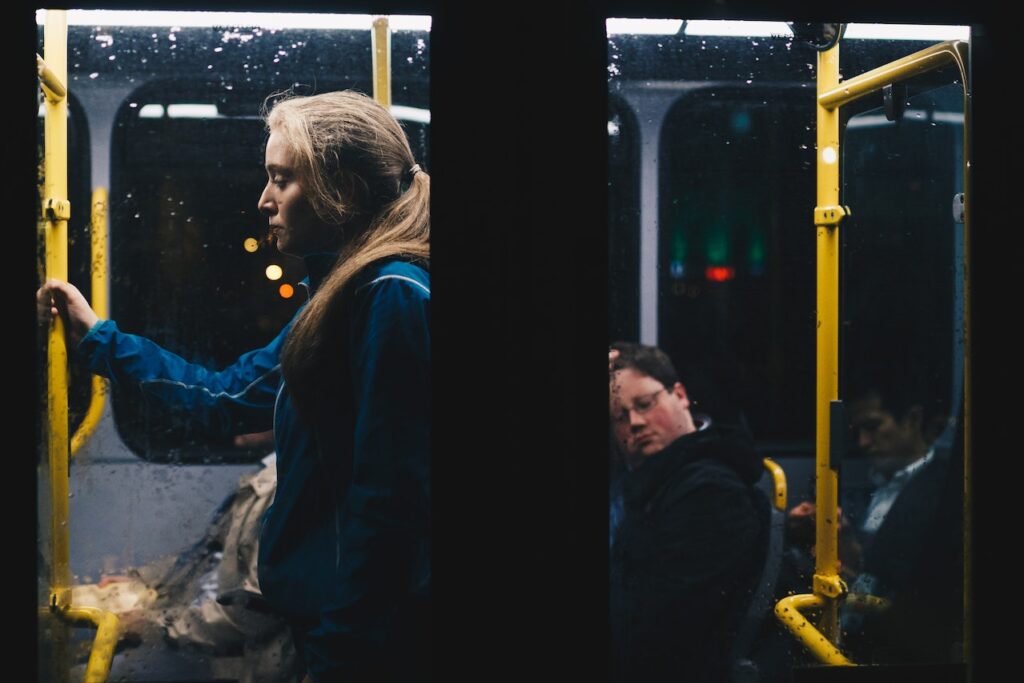
You learn to understand, or to be ok with not understanding
TCK’s come across so many differing world views and opinions as they travel. You may have already learnt how to manage the different cultural backgrounds present in your own household. What’s more is when you travel overseas and encounter new people with their own ideas as well.
I have learnt a lot about what we understand, and what we don’t. About how people interpret the information that is presented to them.
Because despite what you say, and despite what we might consider to be facts, people will still interpret these things through a lens that makes sense to them. And this lens might be influenced by all kinds of things; their own upbringing, culture, education, tradition, and even trauma.
All people, despite what they think, are correct at least within their own context, their thoughts, and their own lives.
The office space, school, or even dining table is where all these thoughts and interpretations often come out. Having prior experience navigating different cultural norms and conversations really helps in situations like these.
You may not agree with the person in front of you. Even if you can’t see the logic in what they’re saying, you might still be able to talk with them. And once you begin a conversation, anything is possible from there.
I have found that the creative arts are a great way to discuss, express, and visualise the many new feelings associated with migration. For those of you who like reading, you may want to check out this post here. And for my fellow writers, perhaps this article is more your speed.

What do we actually learn from these experiences? How does that make us more empathetic?
Migration is becoming more and more common these days. We are all searching for the many iterations of what it means to have “a better life”. With our own experiences of migration, loneliness, and identity we can better understand the struggles and difficulties others have with fitting into a new society.
If our parent-figure was the ambassador of a country, and we moved with them to their new posting, can we say we have the same experiences as someone who fled their country in a boat? Absolutely not.
But the experience of moving makes us a better listener. It could help us have a better conversation with this person in front of us. And open, non-judgmental, meaningful discussions can be the start of many beautiful things.
I do believe that if you are in the means to migrate on your own terms, you should try it. To open yourself up to a wider spectrum of experience. Because, ironically, it can be these same means of leisurely travel that separate us from those that do not have the means to migrate voluntarily.
Even when it is not about the process of migration, moving locations teaches you a lot about power dynamics.
You can better understand the person who does not have access to systems. Because once you were a new migrant trying to register for social services and be a part of a larger system.
You understand what it was like to be silenced because, all of a sudden, opportunities and conversations were closed off to you simply due to you not knowing enough of the local language.
Ultimately, migration can help prepare us for the challenges and unique stories that new people in our lives will bring.
This is an edited and revised article of one that I originally submitted to Among Worlds Magazine. It was published in their September issue 2022. Among Worlds tells stories for TCK’s by TCK’s and world nomads. If you are interested in supporting their work; follow the link here.
If you are interested in learning a foreign language; at your own pace, from your home, and selecting a teacher that works for you, I have an offer for you. Italki is perhaps one of the best and definitely one of the most popular tools for language learners. Once I started using it properly, I found both my level and passion for Turkish increasing.

